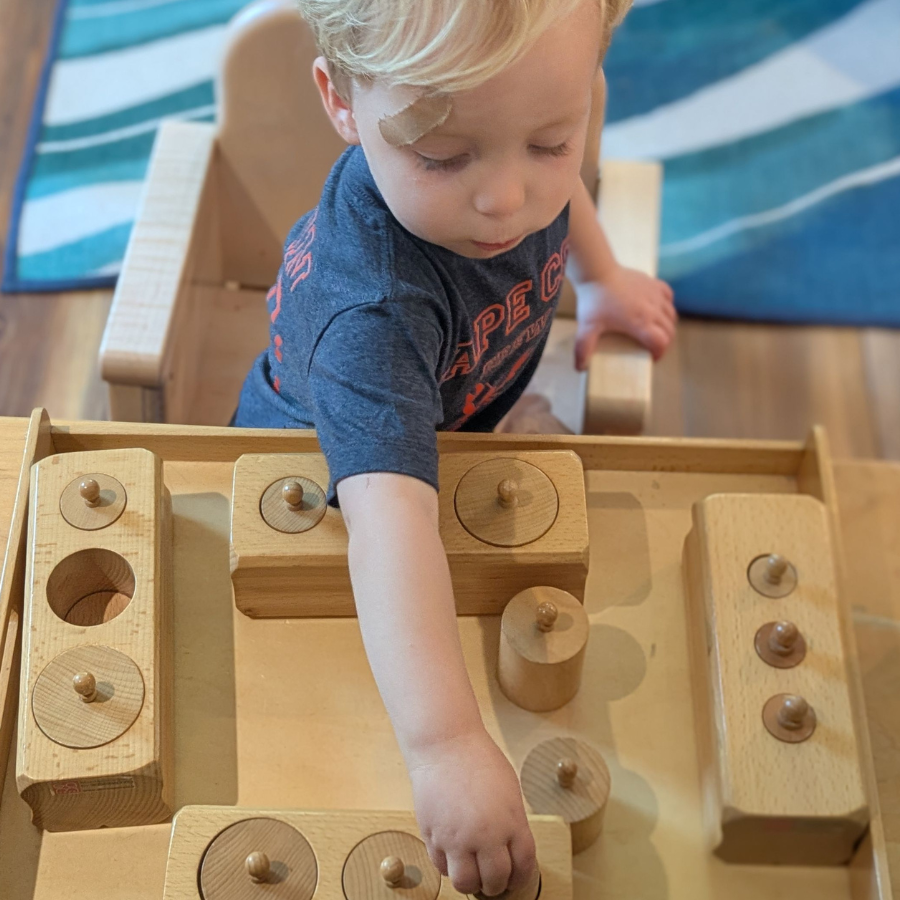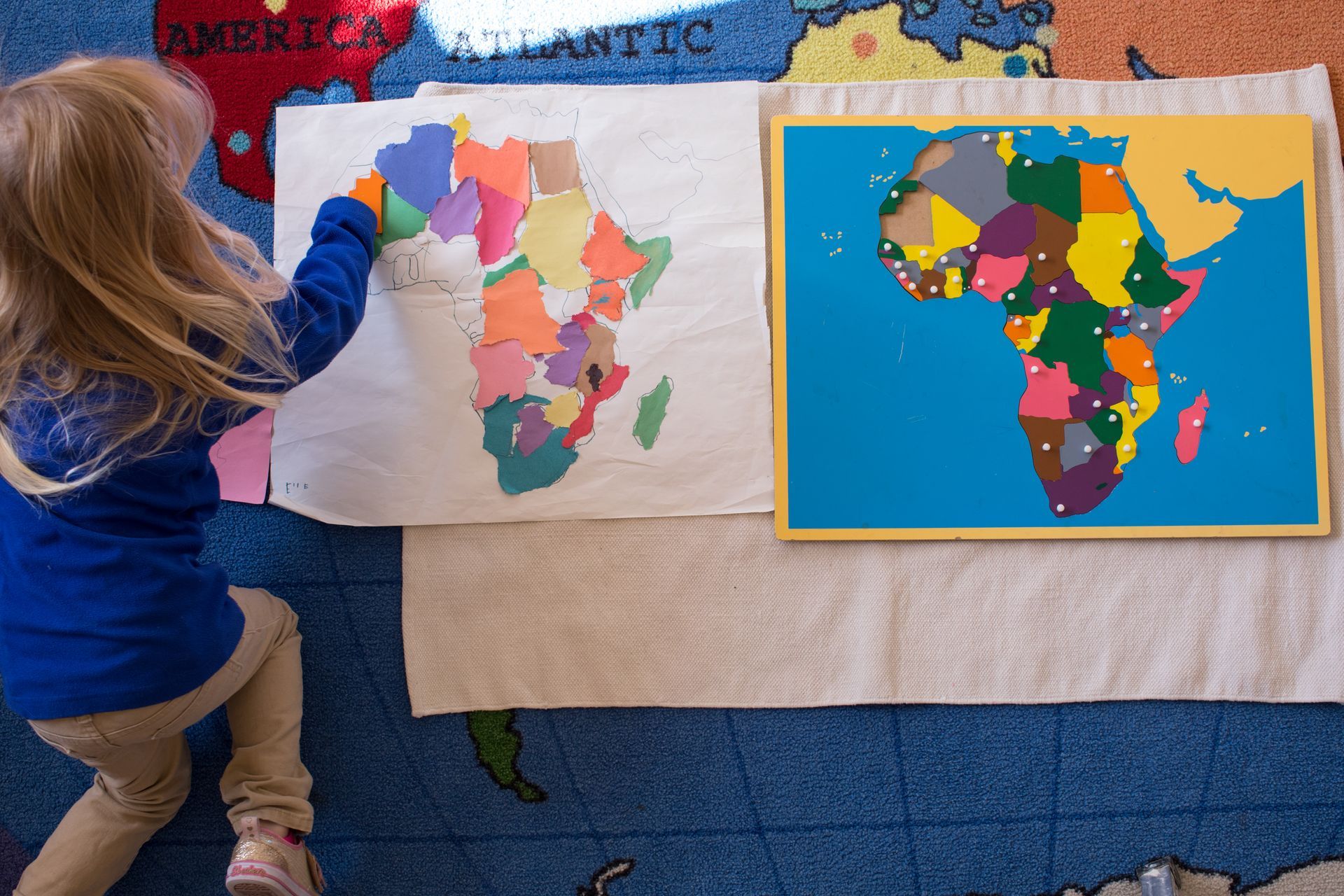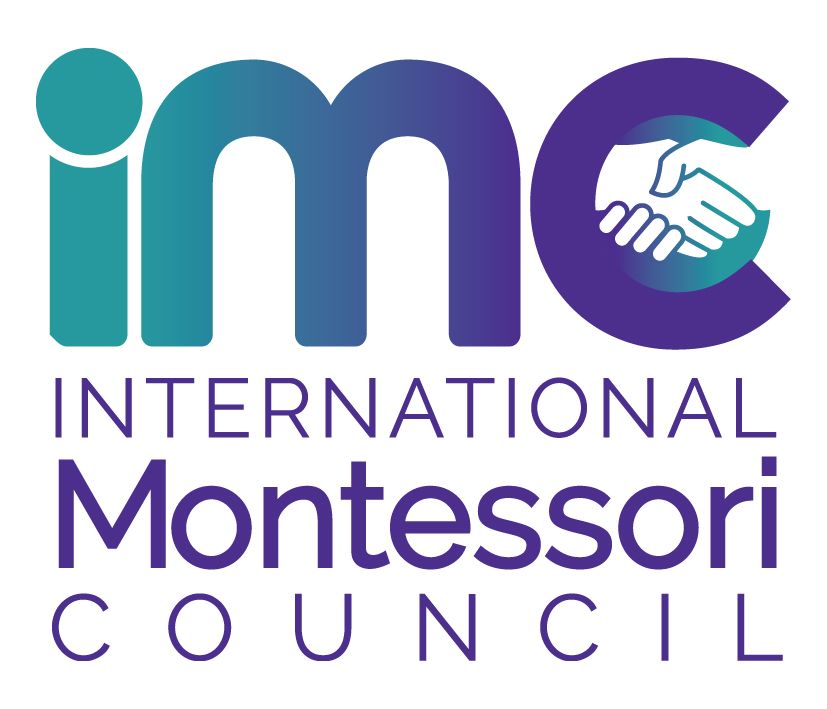
How Montessori Builds the Foundation for Abstract Thinking
Walk into a classroom at Providence Montessori School, and you will see children touching, tasting, listening, and exploring. These sensory experiences are not just pleasant activities. They are the foundation for how children learn to think. In Montessori education, the senses are the starting point for intellectual growth.
Why Sensory Learning Matters
Dr. Maria Montessori called the hand “the instrument of the mind.” When children move, touch, and explore, they are building mental patterns that will later support reasoning, imagination, and problem solving. Sensory learning helps children notice details, compare differences, and make meaningful connections.
Across the Montessori Levels
Toddler Community
Young children are constantly sorting, matching, and experimenting with size and shape using materials like knobbed cylinders. These early activities help them recognize differences and form the first steps toward classification and order.
Primary (Preschool and Kindergarten)
Children refine their senses with materials such as the Pink Tower, Color Tablets, and Smelling Bottles. These experiences teach them to see relationships in size, color, sound, and scent while developing focus and precision, skills nurtured daily in our primary classrooms.
Lower Elementary
Students begin to connect concrete observations with abstract ideas. Geometry materials and classification exercises strengthen their ability to recognize patterns and systems in the world around them. At Providence, this stage bridges hands-on exploration with growing intellectual independence.
Upper Elementary
Older students apply sensory training to science and mathematics. They observe, measure, and experiment, then move toward abstract thinking using formulas and theories to explain their discoveries. Providence students develop a deeper understanding by moving from experience to insight.
Supporting the Senses at Home
Families can foster the same type of learning with simple daily activities. Cooking together invites children to touch, taste, and smell while learning about measurement and sequence. A walk outdoors becomes a chance to listen to birds, notice textures, or compare shades of green. Sorting laundry by color or fabric type can also strengthen observation and attention to detail.
Seeing and Thinking More Clearly
Through sensorial learning, Providence students develop both keen perception and clear thought. They learn to see the world not just as a collection of sights and sounds, but as a living system of relationships waiting to be understood.
To learn more about how Providence Montessori School nurtures sensory exploration and intellectual growth, visit our campus to see learning through the senses in action. Tours for those interested in enrollment can be scheduled by visiting our website and clicking the “Schedule a Tour” button. Parents of currently enrolled students are welcome to schedule classroom observations by phoning the front office at (859) 255-7330.




